Efforts to increase the frequency and quality of Portland’s restaurant inspection program have led to cleaner, safer kitchens and more knowledgeable kitchen staffs, according to city officials and restaurant owners.
Since 2012, when the Portland Press Herald/Maine Sunday Telegram published a series of investigative reports about the city’s troubled restaurant inspection program, Portland has more than doubled the size of its inspection staff, visited restaurants more frequently and posted inspection reports online.
The paper revealed that many restaurants hadn’t been inspected for years and that, when the city hired its first health inspector in 2011, 19 out of the first 23 restaurants inspected failed – a failure rate of 82.6 percent. Since then, the failure rate has steadily improved. It was 45.5 percent in 2012 (40 out of 88 restaurants), 10.5 percent in 2013 (33 of 314) and just 6.4 percent in 2014 (31 of 482).
Restaurant owners and city officials say that’s happened because everyone is becoming more familiar with the standards.
“We’re much more diligent on follow-ups,” said Toho Soma, the city’s acting director of public health, about the city’s improvements.
Greg Dugal, the head of the Maine Restaurant Association, credits the city for partnering with restaurant owners and offering a food safety course for local workers.
“In most cases, these guys are doing a good job and working with (restaurants) to make things happen,” Dugal said. “The course offered by these guys results in a safer food environment.”
But some say the program is still inconsistent and too hard on restaurants. Alec Altman, the owner of Binga’s Stadium, which failed multiple inspections in 2014, believes the city is placing restaurants “under a microscope” and is still too heavy-handed.
“The health department wants you to get an ‘A’,” Altman said. “You can get a ‘B’ or a ‘C’ on your inspection, and they can fail you. It’s their choice. I think they failed us because they were trying to send a message to every restaurant in town.”
EDUCATING RESTAURANT OWNERS
The inspection program’s problems came to light in 2012 after several restaurants were forced to close because of unsanitary conditions, including one popular waterfront restaurant that was infested with rats. Many restaurants hadn’t been inspected for several years, and most that were inspected were failing.
At the time, the city’s record-keeping was poor and inspection reports were not easily accessible to the public. The newspaper created an online database of reports.
The city now has 2.5 health inspector positions, posts inspection reports online and offers a food-handling course to allow restaurant staff members to become certified food protection managers.
“We have a positive relationship with the restaurant industry, and that makes life a lot easier,” said Michael Russell, who oversees Portland’s restaurant inspection program. “We spend a lot of time educating owners.”
A restaurant can pass an inspection with as many as three critical violations and 10 noncritical violations. Critical violations, such as storing food at inappropriate temperatures, can seriously compromise food safety, while noncritical violations, such as storing disposable cups on the floor, may not. A restaurant fails when it exceeds either of these thresholds but can remain open if it can immediately correct enough of the problems. If not, the restaurant is deemed an imminent health hazard and closed until the violations are addressed.
For years, restaurant inspections were not a priority in the city.
From 2008 to 2010, the city conducted a total of only 556 inspections when the program was spearheaded by the city’s code enforcement office. Only 28 restaurants failed their inspection over that period, and none was deemed an imminent hazard.
When the city hired its first state-certified health inspector in 2011, 19 out of the first 23 restaurants inspected failed. Last year, 482 inspections were conducted – 96 percent of the city’s 500 permanently licensed restaurants. State law requires restaurants to be inspected only once every two years.
ENFORCEMENT ACTIONS
Although fewer restaurants are failing their inspections, it doesn’t appear that the city is giving them a free pass. Twenty-eight restaurants, or 6.5 percent, failed their inspections in 2014, and three were deemed “imminent health hazards.”
Federal Spice on Federal Street was deemed an imminent health hazard after a July 30 inspection revealed that raw chicken, eggs and cooked pork were stored at 52 degrees, in the danger zone for bacteria growth. The Maine Food Code requires cold foods to be stored at 41 degrees or lower. The food was discarded and the restaurant reopened the following day after passing a follow-up inspection. Prior to that, the restaurant was inspected and passed in January 2014.
Owner Eric Martin downplayed the incident, which he attributed to a broken cooler. He said he fixed it and reopened the next day. “It was a voluntary closure,” he said.
Denny’s on Brighton Avenue was also deemed an imminent health hazard after health inspectors on July 14 confirmed a complaint that the restaurant lacked hot water. It’s unclear when it reopened, but Denny’s failed its next inspection on Sept. 5, with nine violations, including four critical to protecting food safety. Inspectors found fly strips in the kitchen and four storage units that were not cold enough. It passed inspection Sept. 20.
Although not deemed a health hazard, the kitchen at In’finiti on Commercial Street was closed Jan. 5 for construction after health inspectors confirmed the presence of cockroaches. No follow-up reports are listed on the city’s website, but the restaurant has since reopened as the Liquid Riot Bottling Co.
In addition to catching up with lagging inspections, the city has been teaching food safety courses.
Under state law, every restaurant must have at least one certified food protection manager on staff, and the person in charge at any given moment must be able to demonstrate a knowledge of food safety. Since July 2013, local health officers have trained roughly 200 people, Russell said
During a March 13 inspection, Zachary Rand, manager of Becky’s Diner on Commercial Street, complimented the city’s program, as inspector Tom Williams worked his way through the diner’s kitchen with a flashlight, thermometers and other gadgets.
“He’s been really good to work with,” Rand said. “He educates you when he goes around rather than making you feel like he’s your angry big brother pointing out all of your problems.”
Rand said he hired Williams to teach a food safety course for about a dozen employees in January 2014.
“Portland is such a foodie city. You don’t want any bad illnesses. Even one case can spread far and wide,” Rand said. “I think it’s good for people to see the health inspector out and about.”
‘WE WANT EVERYONE TO SUCCEED’
Becky’s passed its March 13 inspection with only a few minor violations.
Russell said inspectors can now spend more time on restaurants with repeat violations and failed inspections.
“We want everyone to succeed, so generally we’ll go visit them more often,” Russell said.
Binga’s Stadium on Free Street failed three consecutive inspections between May and November 2014 for numerous repeat violations, including a dirty microwave, storage of knives between the sink and a wall, rough cutting surfaces that were not easily cleanable, and dirty soda guns, can openers and meat slicers.
Altman said the failures occurred when the Boston Bruins were in the NHL playoffs and he was down a kitchen manager and cook. The popular sports bar served more than 300 people a night in May.
“I don’t want to make excuses,” he said. “I can’t hide from history. All I can do is move forward.”
It passed its most recent inspection Nov. 20.
Kon Asian Bistro on Brighton Avenue has also had problems over the years, failing five of its last 10 inspections. Inspection records show a variety of violations, including repeat citations that could compromise food safety, such as dirty food contact surfaces (food slicer, knife rack and scales), no date or food labeling, a lack of thermometers in its refrigerators, soiled cloths on food contact surfaces, and unlabeled chemical spray bottles. The restaurant was also using fly strips in the kitchen.
Manager Wai Chen said he has been working hard to educate staff and now hires a private company to do a monthly deep cleaning of the kitchen. It passed its most recent inspection Feb. 20.
“We don’t want to serve bad food to a customer,” Chen said. “People come here and spend money and they trust you.”
Send questions/comments to the editors.


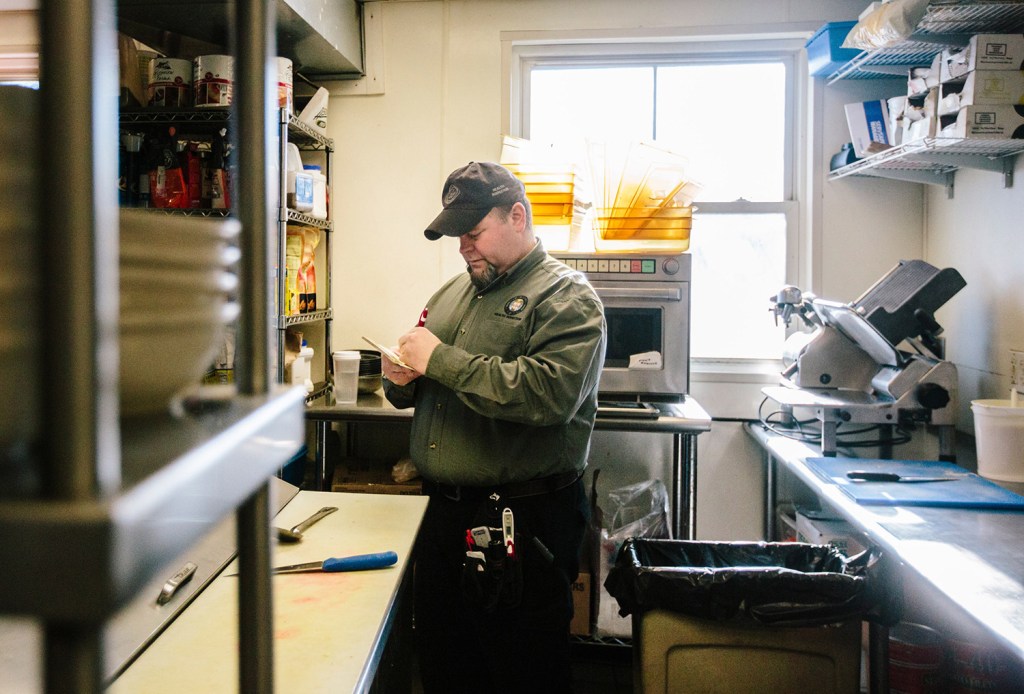
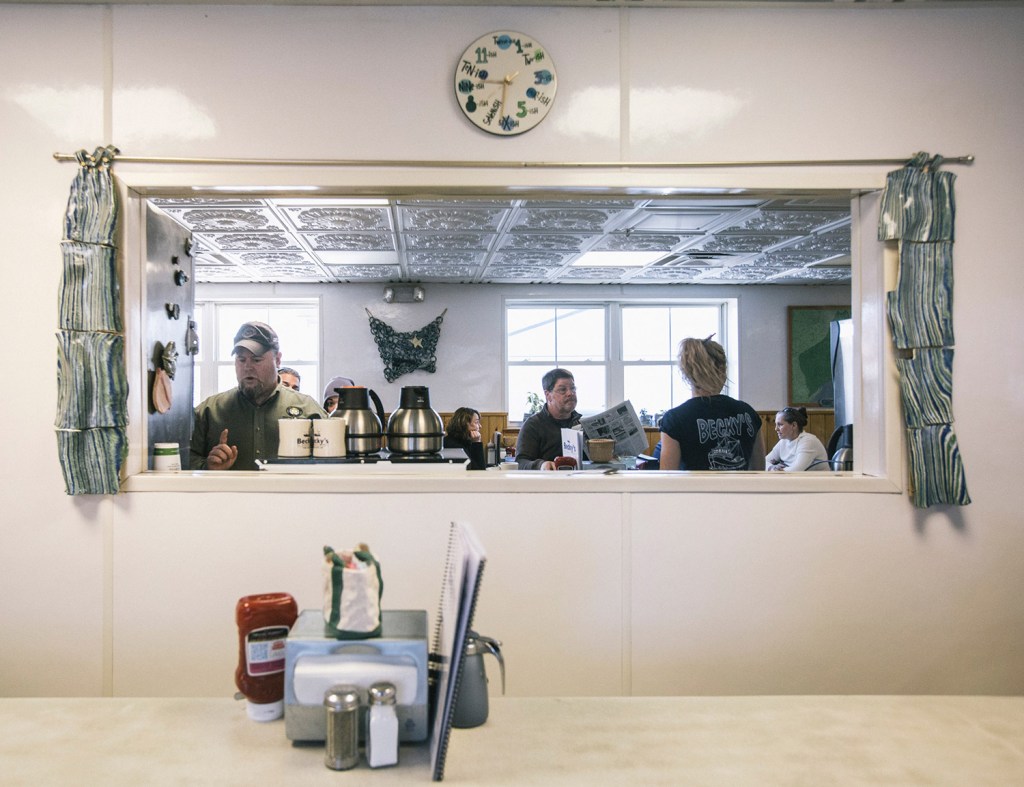
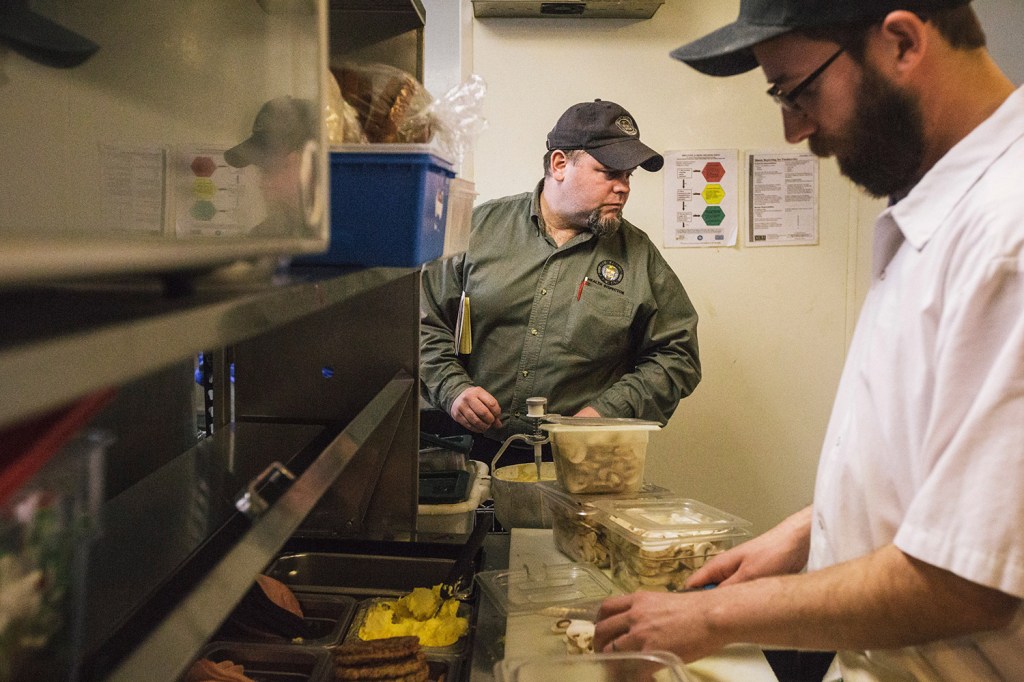
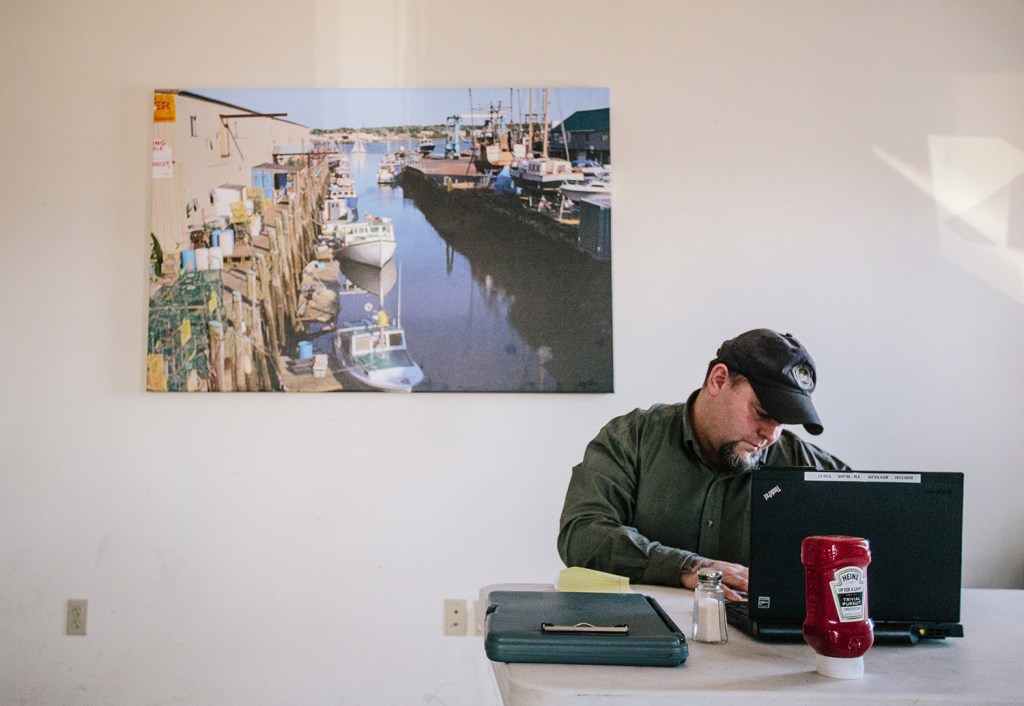
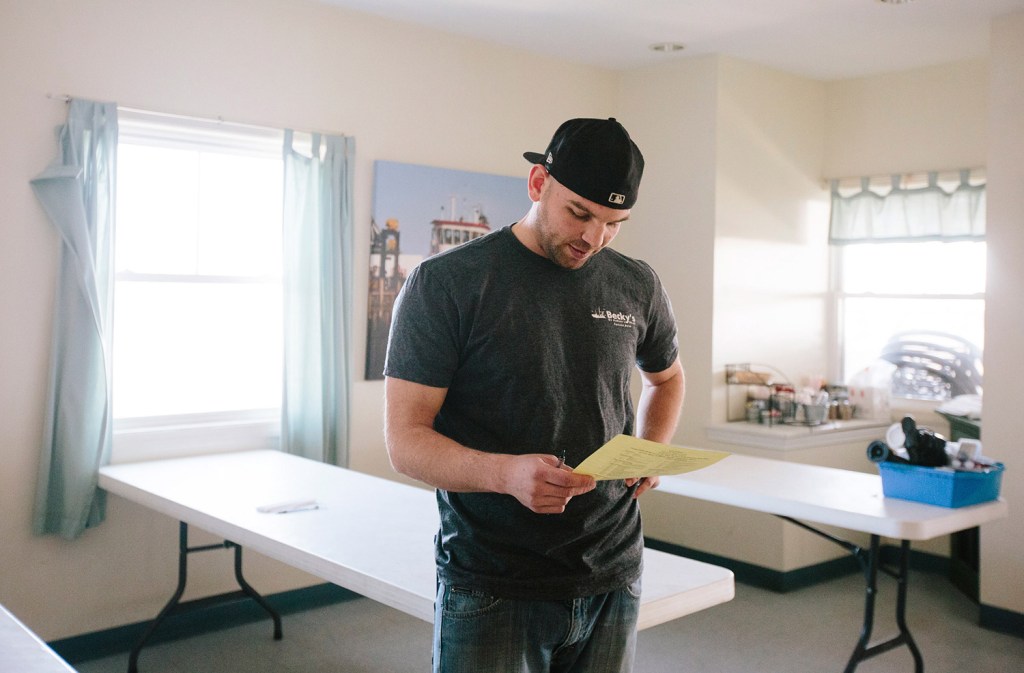


Success. Please wait for the page to reload. If the page does not reload within 5 seconds, please refresh the page.
Enter your email and password to access comments.
Hi, to comment on stories you must . This profile is in addition to your subscription and website login.
Already have a commenting profile? .
Invalid username/password.
Please check your email to confirm and complete your registration.
Only subscribers are eligible to post comments. Please subscribe or login first for digital access. Here’s why.
Use the form below to reset your password. When you've submitted your account email, we will send an email with a reset code.